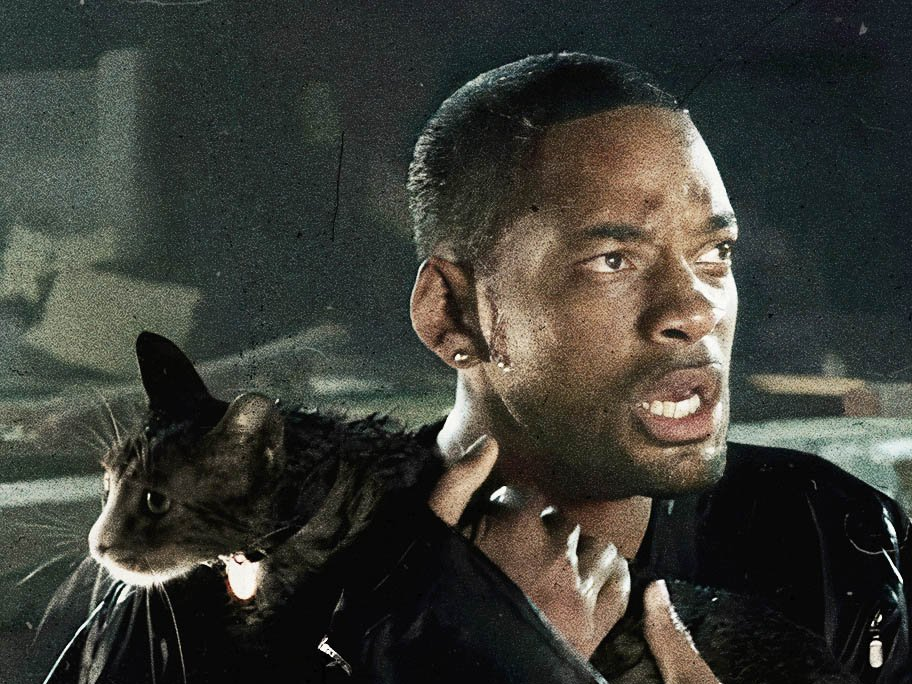Fri 27 December 2024 3:00, UK
Star power is something that can’t be taught, but it can also be a double-edged sword. Actors who thrive on their reputation for putting butts in seats and posting huge box office numbers run the risk of getting too comfortable and growing stale, and Will Smith was generating enough profit to be enabled.
Being one of the most charismatic new talents to emerge in a long time has its perks, which, in Smith’s case, made him the highest-paid actor in Hollywood. He wasn’t an actor but a movie star, with producers and directors inundating him with offers to headline their latest action-packed extravaganza to capitalise on his global appeal and cross-generational popularity.
It worked wonders when Bad Boys, Independence Day, Men in Black, and Enemy of the State combined to bring in billions in ticket sales and establish him as the biggest name in the business bar none, only for Smith to fly too close to the sun when he snubbed The Matrix in favour of Wild Wild West and came crashing back down to earth.
At the turn of the millennium, he was the ultimate A-lister but still hadn’t taken top billing in a drama. There’s only so long any performer can coast through their career without trying a new challenge and taking a detour into dramatic territory for the first time as the headline act yielded a first Academy Award nomination when Smith anchored Michael Mann’s Ali.
More blockbuster fluff followed with Men in Black II, Bad Boys II, Shark Tale, I, Robot, and Hitch, and when Smith returned to heavyweight drama again in Gabriele Muccino’s The Pursuit of Happyness, the end result was another Oscar nomination. It wasn’t a coincidence that removing the things that made him a household name brought his best work, which wasn’t lost on Smith after he admitted that his own insecurities were instrumental.
“I’ve always considered myself to be just average talent, and what I have is a ridiculous, insane obsessiveness for practice and preparation,” he told IGN before explaining how Mann and Muccino could spot his tried-and-trusted traits coming to the surface from a mile away, which neither of them wanted to see.
“Gabriele told me one day, he said, ‘Don’t pose for my camera,’” he continued. “I said, ‘What do you mean?’ He said, ‘You’re posing for my camera. I don’t want you to pose for my camera. You’re making faces like you are hurt. We will shut down. You go away. You come back when you were heart for real’. I was like, ‘Wow.’”
Smith acknowledged that Muccino and Michael Mann “are the two directors that I’ve worked with that know all my tricks, they can see right through me and all of the ‘Willisms’ and the things that I know how to do to make the audience laugh, or smile, or cry, and they beat those things out of me.” Figuratively speaking, of course, but those Oscar nominations showed that it was a worthwhile tactic.


